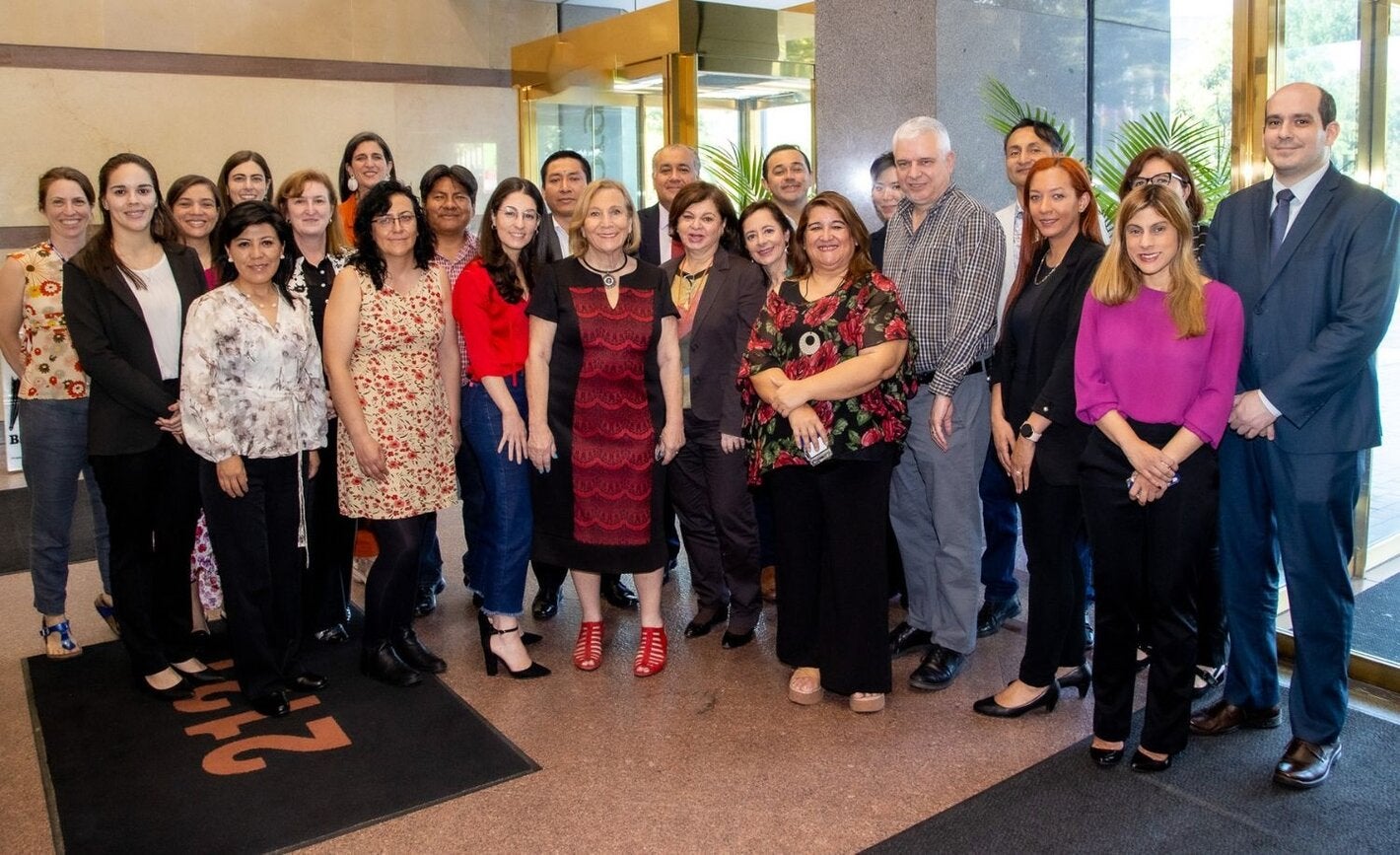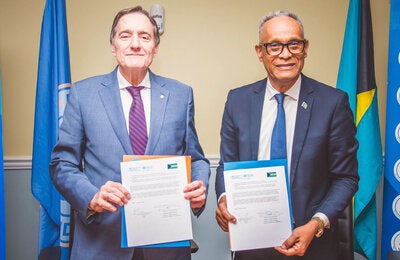
Washington, DC, August 11, 2023 - The Pan American Health Organization (PAHO) brought together a group of experts from Member States to present the PAHO/WHO tools to implement and monitor sodium reduction goals in the Region and how countries can implement them on a mandatory basis.
Globally, it is estimated that excessive sodium intake is associated with about 1.89 million deaths per year, as it is well-established that excessive salt intake causes elevated blood pressure and cardiovascular disease.
The main objective of the meetings was to develop a draft regulatory instrument for the implementation of PAHO's updated regional goals for sodium reduction and to establish a roadmap for the approval and implementation of the regulatory instrument. Work was also done on the development of specific regulatory instruments for each country, and strategies for their subsequent approval and implementation. The workshop was held at the headquarters of the Pan American Health Organization from August 9 to 11, 2023, with the participation of representatives of ministries of health and legislators from Argentina, Bolivia, Chile, Costa Rica, Ecuador, Panama, Paraguay, Peru, Dominican Republic, and Uruguay.
Situation
The global average sodium intake is estimated at 4,310 milligrams per day (10.78 g of salt per day), which far exceeds the physiological requirement and is more than double the World Health Organization consumption recommendation for less than 2,000 mg of sodium (equivalent to less than 5 g of salt) per day in adults.
In many countries, three-quarters of sodium in the diet comes from processed foods such as bread, cereals and grains, processed meats, and dairy products. An effective way to reduce population consumption of sodium is by reducing the sodium content in frequently consumed foods.
Salt reduction policies specifically focused on the food industry are necessary and relevant and must be implemented on a mandatory basis. PAHO/WHO has developed different tools to support its Member States, including the new updated PAHO regional goals for sodium reduction, developed in collaboration with the University of Toronto and presented in October 2021. These goals include upper limits for 75 subcategories, falling into 16 main food categories. A 15% and 30% reduction were calculated for 2022 and 2025, respectively, from measured sodium levels at the 50th percentile. If the calculated value for 2025 (30% reduction) was below the 25th percentile, the 25th percentile was used as the target for 2025.
Legal, financial, and human resources are needed to ensure implementation and the adoption of appropriate follow-up mechanisms. Mandatory reformulation could systematically achieve larger reductions in salt intake than can be achieved with voluntary agreements, and could also yield larger improvements in quality and disability-adjusted life years. Legislative measures allow the introduction of sanctions for non-compliance.
The application of a regulatory framework implies that the food industry (large, medium, and small companies) can operate under equitable conditions, as has happened in Argentina, which was the first country in Latin America to regulate the sodium content of food products by through a national law (Law 26,905). This law establishes maximum values for three main food groups (meat products and their derivatives, farinaceous, and soups, dressings, and preserves) and two other main measures related to education campaigns for the general population and a strategy for restaurants. Similarly, Paraguay has implemented a maximum sodium limit for baked goods, and Colombia is also implementing national goals for 59 product categories.



